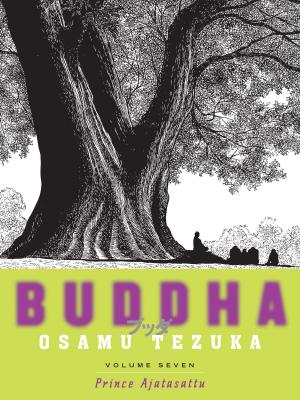Approaching Death
A Buddhist Guide To Death And Rebirth
Nonfiction, Religion & Spirituality, Inspiration & Meditation, Meditations, Health & Well Being, Self Help, Eastern Religions, Buddhism| Author: | Cecilie Kwiat | ISBN: | 9781927779071 |
| Publisher: | Pegasus Press | Publication: | November 19, 2014 |
| Imprint: | Pegasus Press | Language: | English |
| Author: | Cecilie Kwiat |
| ISBN: | 9781927779071 |
| Publisher: | Pegasus Press |
| Publication: | November 19, 2014 |
| Imprint: | Pegasus Press |
| Language: | English |
The study of Abhidhamma is central to an understanding of Buddhism. Abhi (great, excellent, distinct, sublime) Dhamma (natural law, teaching, phenomena), is the Third Basket of the tripartite Buddhist Canon (Tripiṭaka). It offers a detailed analysis of the process of dying, death and rebirth.
Buddhists believe that by turning the study of Abhidhamma into personal experience through the practice of meditation, the links that enslave all human beings to endless becoming can be broken. The study and practice of Abhidhamma is therefore essential to the down-going of suffering.
Central to Abhidhamma is the understanding that a sentient being is a flow of mental and physical phenomena that arises and continues, depending on conditions. This understanding is called Dependent Origination (Pratītyasamutpāda in Sanskrit). It is set out as a series of relations called the Twelve Nidānas, each nidāna being dependent on the existence of the previous condition.
The Tantric practices associated with Tibetan Buddhism, particularly the higher tantras, include visualizations of the intricate channels that very precisely reflect every aspect of the Abhidhamma. In fact, when one practices any Yoga, one is becoming steeped in the concepts and analysis described in the Abhidhamma.
The book includes an Introduction by Brenda Mintz, a long-time friend of the author and herself a student of Buddhadharma. It also includes a glossary of over one hundred Pali and Sanskrit terms used in the book.
About The Author
Cecilie Kwiat
Buddhist teacher, scholar, and author Cecilie Kwiat was for many years a student of Namgyal Rinpoche, a Canadian-born Lama, now deceased. Formerly known as Ananda Bodhi, Namgyal Rinpoche was recognised by His Holiness the 16th Gyalwa Karmapa of Tibet as an incarnate meditation master.
Unfortunately, Cecilie died after being severely injured in an automobile accident during a winter snowstorm in Alberta in 2013. This book is dedicated to her memory and in thanks for her careful doctrinal research and years of compassionate teaching.
The study of Abhidhamma is central to an understanding of Buddhism. Abhi (great, excellent, distinct, sublime) Dhamma (natural law, teaching, phenomena), is the Third Basket of the tripartite Buddhist Canon (Tripiṭaka). It offers a detailed analysis of the process of dying, death and rebirth.
Buddhists believe that by turning the study of Abhidhamma into personal experience through the practice of meditation, the links that enslave all human beings to endless becoming can be broken. The study and practice of Abhidhamma is therefore essential to the down-going of suffering.
Central to Abhidhamma is the understanding that a sentient being is a flow of mental and physical phenomena that arises and continues, depending on conditions. This understanding is called Dependent Origination (Pratītyasamutpāda in Sanskrit). It is set out as a series of relations called the Twelve Nidānas, each nidāna being dependent on the existence of the previous condition.
The Tantric practices associated with Tibetan Buddhism, particularly the higher tantras, include visualizations of the intricate channels that very precisely reflect every aspect of the Abhidhamma. In fact, when one practices any Yoga, one is becoming steeped in the concepts and analysis described in the Abhidhamma.
The book includes an Introduction by Brenda Mintz, a long-time friend of the author and herself a student of Buddhadharma. It also includes a glossary of over one hundred Pali and Sanskrit terms used in the book.
About The Author
Cecilie Kwiat
Buddhist teacher, scholar, and author Cecilie Kwiat was for many years a student of Namgyal Rinpoche, a Canadian-born Lama, now deceased. Formerly known as Ananda Bodhi, Namgyal Rinpoche was recognised by His Holiness the 16th Gyalwa Karmapa of Tibet as an incarnate meditation master.
Unfortunately, Cecilie died after being severely injured in an automobile accident during a winter snowstorm in Alberta in 2013. This book is dedicated to her memory and in thanks for her careful doctrinal research and years of compassionate teaching.















